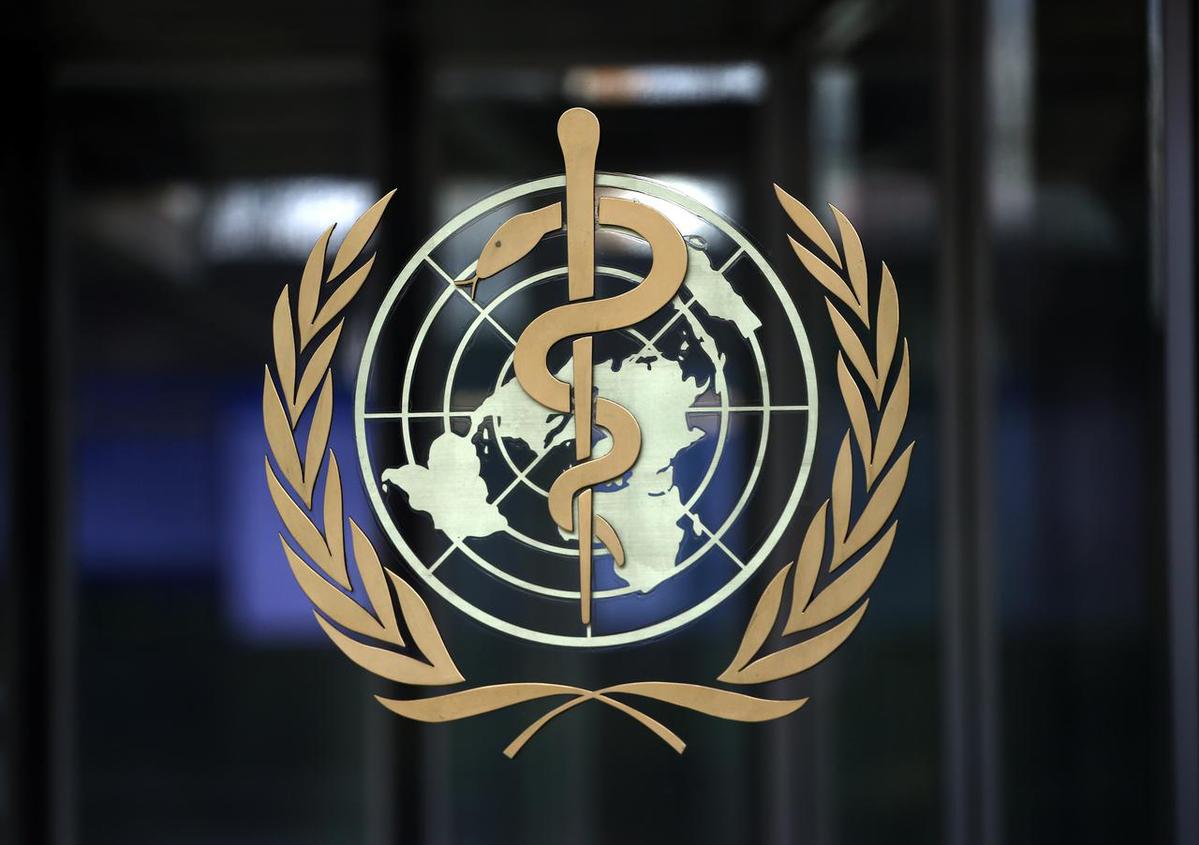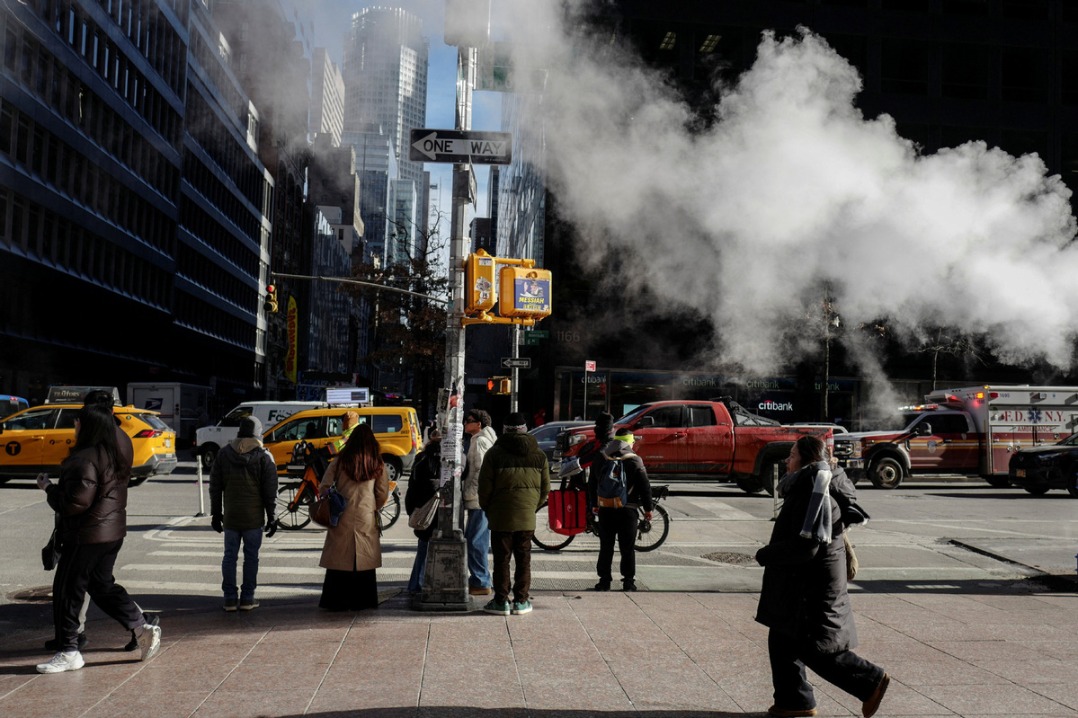WHO warns world must remain vigilant against virus


The World Health Organization on Thursday repeated warnings that as economies and societies open up, countries, communities and individuals must remain vigilant against the novel coronavirus in order to avoid regression and more outbreaks.
The WHO reported more than 20 million cases and 744,000 deaths worldwide from COVID-19 up to Thursday, including 276,000 new cases and 6,933 new deaths in the last 24 hours.
Mike Ryan, executive director of WHO's Health Emergencies Program, said only a very small proportion of the world's population has been exposed to the virus, been infected or developed immunology memory of the novel coronavirus.
"This virus has a long way to burn, if we allow it," he told a virtual news conference from Geneva.
He said people should remember that the vast majority of populations remain susceptible to the infection.
"Once you get community transmission under control, you get back to clusters and sporadic cases, you have to try to keep it there. Because if you take pressure off this virus, it will slip back towards community transmission," he warned.
"Once community transmission takes off, establishes itself and becomes intense, then you will have all the consequences of the health system under pressure, death rate rising, hospitalization rising."
Ryan said the key objective is "to try and suppress infections to a point where we have control at community level."
Many European Union member states have witnessed a spike of new cases and deaths in recent weeks.
France saw more than 2,500 new cases in 24 hours on Wednesday, the sharpest increase since May, France24 reported.
The Brussels-Capital region saw the number of confirmed infections over the past seven days passing the threshold of 50 cases per 100,000 inhabitants. As a result, the region has made face mask wearing in public legally compulsory, the Brussels Times reported on Wednesday.
German Health Minister Jens Spahn also urged people to stick to hygiene measures after the country reported its highest daily increase in infections since May 9, German broadcaster DW reported on Wednesday.
Ryan said that government, communities and individuals will struggle over the coming months to make good choices, citing the difficult trade-offs such as reopening schools versus crowded gatherings.
Using the example of a cascade of a waterfall, Ryan said that you can go down a level and be in calm water but in the next level, you are in a waterfall again.
"So we need to be very, very careful. Calm water does not mean the storm is over. We may just be in the eye of the storm," he said.
Maria Van Kerkhove, WHO technical lead on COVID-19, said "the trajectory of this pandemic in every country is in our hands".
"It's really critical that as society opens up that we minimize the infections," she said.
The United States is still the worst hit by COVID-19, with a total of more than 5 million cases and 163,000 deaths. There were 54,791 new cases and 1,236 deaths on Wednesday alone.
The New York Times listed half of the deaths as coming from the five states of Texas, Florida, Arizona, California and Georgia.
































